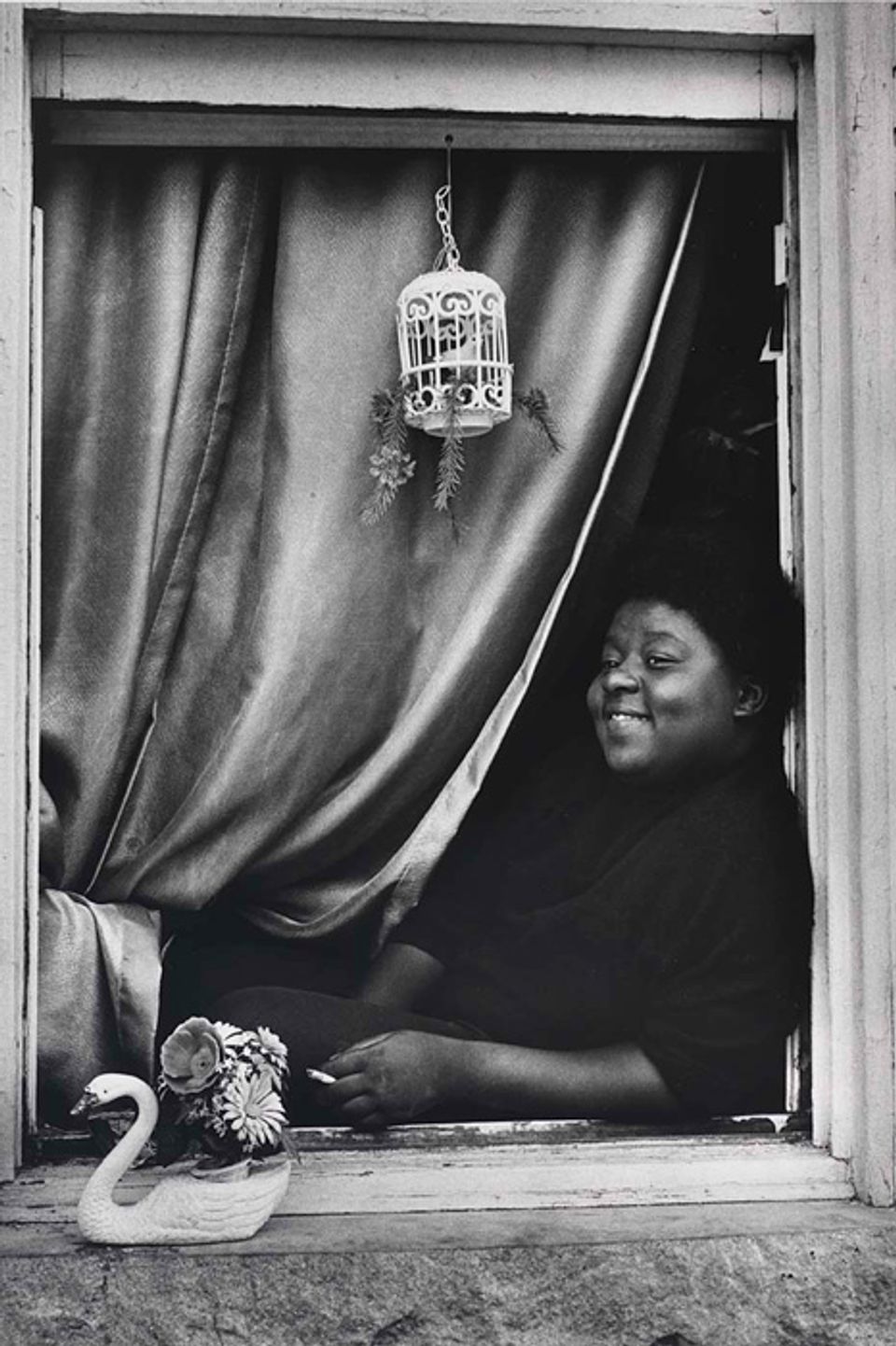
Roland L. Freeman
born Baltimore, MD 1936
400 Block of East Lorraine Ave, East Baltimore, Maryland, September 1972 from the series Southern Roads/City Pavements
1972, printed 1982
gelatin silver print
sheet: 14 x 11 in.
Smithsonian American Art Museum
Gift of George H. Dalsheimer
©1972 Roland L. Freeman
- Description
With its focus on truth and beauty, this activity initiates a conversation about researcher bias while also building media literacy. Consider whether your students might benefit from a refresher on bias in writing in order to reactivate this content knowledge and prepare them to apply that concept to visual texts like photographs.
- Grade
- 6-12
- Duration
40 minutes













